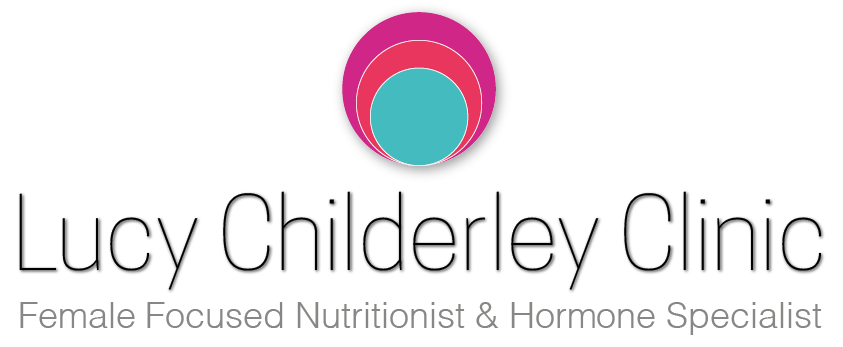The world of nutrition can be so confusing and it can often feel like a minefield. One day you should be eating loads of the latest ‘superfood’, the next you’re being told the exact opposite! I often get clients sending my newspaper articles, some are very informative and some have sensationalising straplines, that once you read the detail, are often misleading. Top tip-always read the full article before heading online to order the next ‘big thing’!
To save you some time, in this crazy world, here are 5 myths that we can dispel right now!
Enjoy!
1. ‘Eat little and often’
One of the biggest nutrition myths STILL being advised by nutritionists, dieticians, and other health practitioners even though the latest research shows that ONLY if you are diabetic or have hypoglycaemic episodes (e.g. get dizzy or faint if you don’t eat regularly), the body doesn’t do that well on grazing all day long. We descend from ancestors who survived with feast and famine but sadly with todays 24/7 access to food, its easy to get sucked up in this snacking culture. In 2019, the value of the United Kingdom’s savoury snack market came to 3.2 billion. They want us to eat this way to keep those profits coming but every time we eat, we produce insulin and too much insulin means too much fat storing and inflammation (one of the biggest causes of chronic diseases). I recommend leaving 4-6 hours between eating to give the body the chance to use up your sugar stores and start burning fat for energy. If you’re constantly eating, you will only be burning sugar, so you’ll find it hard to lose weight, and you’ll be stuck on the blood sugar roller coaster which can affect your energy, mood and brain function.
2. ‘Carbs are the enemy!’
‘I want to lose weight so I’m not eating carbs’ is something so many of us do but carbohydrates are a vital macronutrient needed for lots of processes in the body. In my experience, when people say it they are referring to the ‘big’ carbs, such as rice, pasta, bread, cakes, biscuits, potatoes, etc. While I think it can help to reduce these, we have to remember that, in their wholegrain form, these foods are a great source of fibre and short chain fatty acids that feed our gut microbiome, so I advise to reduce the portion size of these foods and switch them to wholegrain! We must also remember that all vegetables are made from carbohydrate and we want to be eating plenty of those!
3. ‘Counting calories is the best way to lose weight’
The calorie myth has been going a long time, again, fuelled but the weight loss companies who would have us believe that our weight is simply a result of what we eat (calories in) and what we expend (calories out) but our body goes through many different processes when food is eaten.
Our body is a complex machine that uses many different processes to regulate metabolism, fat storage and energy expenditure. Calories are most definitely not equal, a 100 calories of broccoli will have totally different outcome, weigh/fat/health wise compared to 100 calories of cake! Food goes through different metabolic pathways that impact how, what and when you eat, despite the calories a food contains and some foods use a lot more energy to break down than others.
4. Breakfast is the most important meal of the day’
We have been told for decades (mainly by the big cereal manufacturers!) that we breakfast is the most important meal of the day and that we need it to kick start our metabolism and keep us going. The truth is that everyone is different and there are no rules around this. Some people need to eat first thing to feel better, others do well on skipping breakfast and having something later on. Lots of people, me included, feel so much better doing an overnight fast and there is lots of research about the positive effects of reducing the hours in which we eat.
5. ‘Saturated fat causes heart disease’
Controversial but we’ve been told to avoid saturated fat since the 1950’s when a study was done by a man called Ancel Keys. He linked dietary fat with heart disease but the study was severely flawed as he was selective about what he published. Sadly the information stuck and is still advised today even though the research shows that obesity and heart disease have rocketed as we are replacing fat with carbs, and the saturated fats with polyunsaturated fats, e.g. vegetable oils. This issue here is that these fats are very unstable and can turn into trans fats when heated and treated causing inflammation. Research has demonstrated that certain types of saturated fat may increase heart-protective HDL cholesterol.
Fat is so important to our health. We need it to make our hormones, keep our cells healthy, for absorbing fat soluble vitamins (A, D, E, K) and for our brain (which is 60% fat!). It also blunts blood sugar, fills us up and it tastes good!

Recent Comments